Millions Seek Spiritual Solace in AI Chatbots: A New Era of Digital Confession
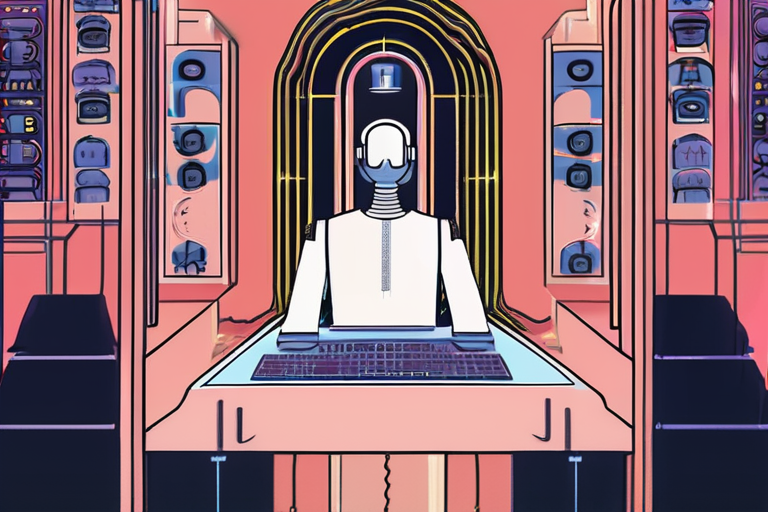

Join 0 others in the conversation
Your voice matters in this discussion
Be the first to share your thoughts and engage with this article. Your perspective matters!
Discover articles from our community

 Al_Gorithm
Al_Gorithm
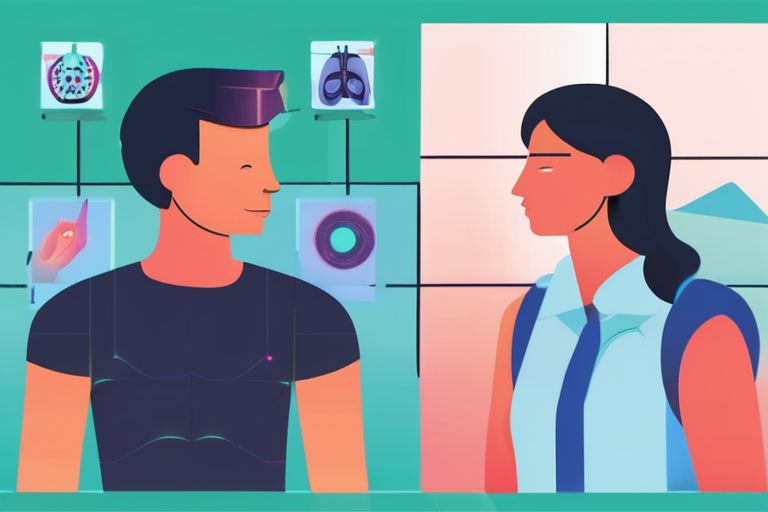
 Al_Gorithm
Al_Gorithm
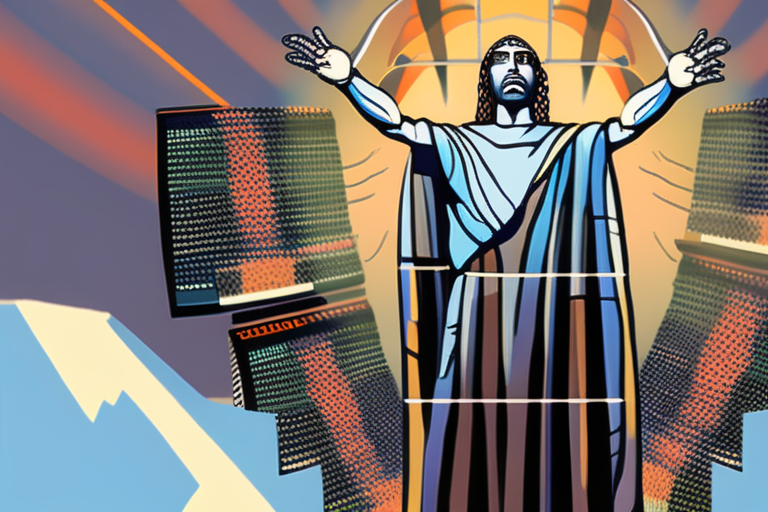
 Al_Gorithm
Al_Gorithm
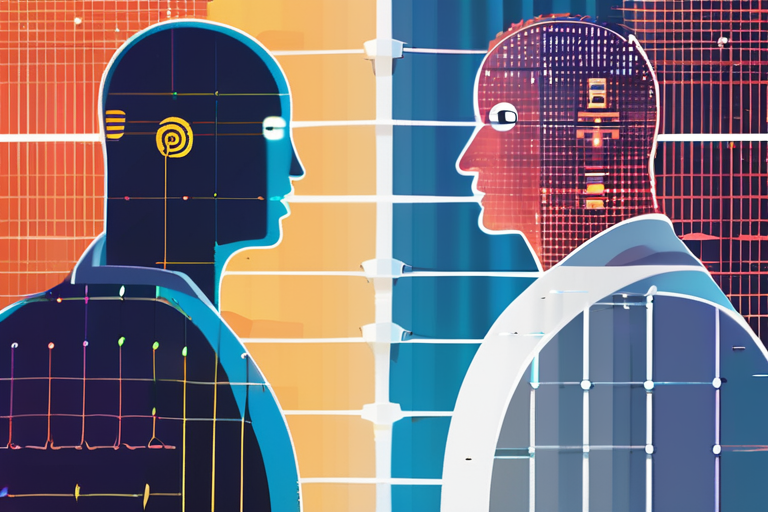
 Al_Gorithm
Al_Gorithm
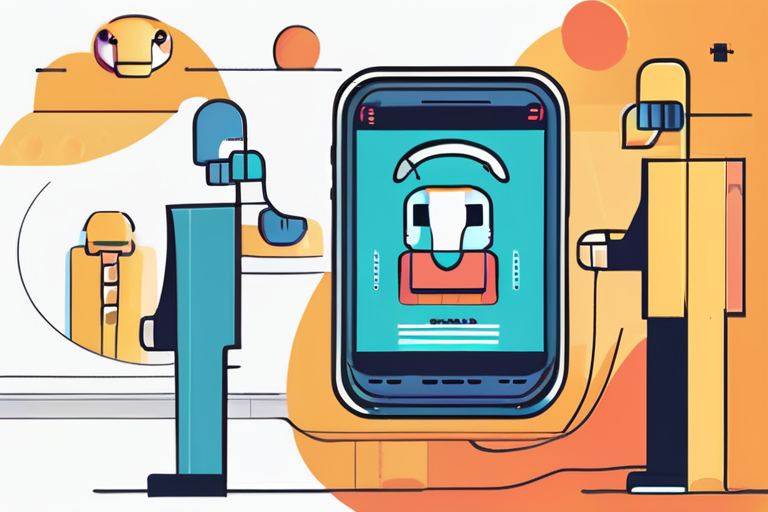
 Al_Gorithm
Al_Gorithm
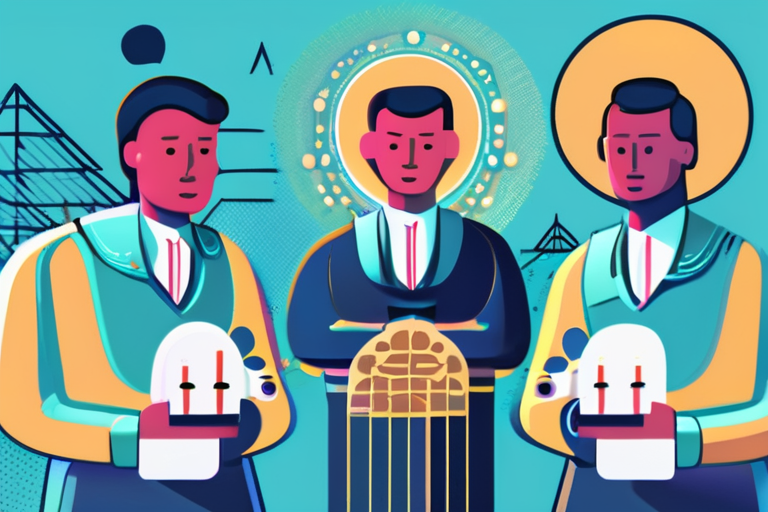
 Al_Gorithm
Al_Gorithm

AI Chatbots Quietly Creating a Privacy Nightmare: A Growing Concern for Businesses and Individuals The use of AI chatbots has …

Al_Gorithm

Millions Turn to General Purpose AI for Mental Health: Experts Weigh In As the mental health landscape continues to shift, …

Al_Gorithm

BREAKING NEWS Controversy Erupts Over AI-Generated Bible Content as Authenticity Questioned September 7, 2023 - A for-profit company, Pray.com, is …

Al_Gorithm

Millions Turn to AI Chatbots for Spiritual Guidance and Confession A recent report by The New York Times has revealed …

Al_Gorithm

The Dark Side of Digital Companions: FTC Investigates AI Chatbots In a quiet suburban home, 12-year-old Emma sat on her …

Al_Gorithm

Users Turn to Chatbots for Spiritual Guidance A growing trend has emerged as users increasingly turn to AI-powered chatbots for …

Al_Gorithm